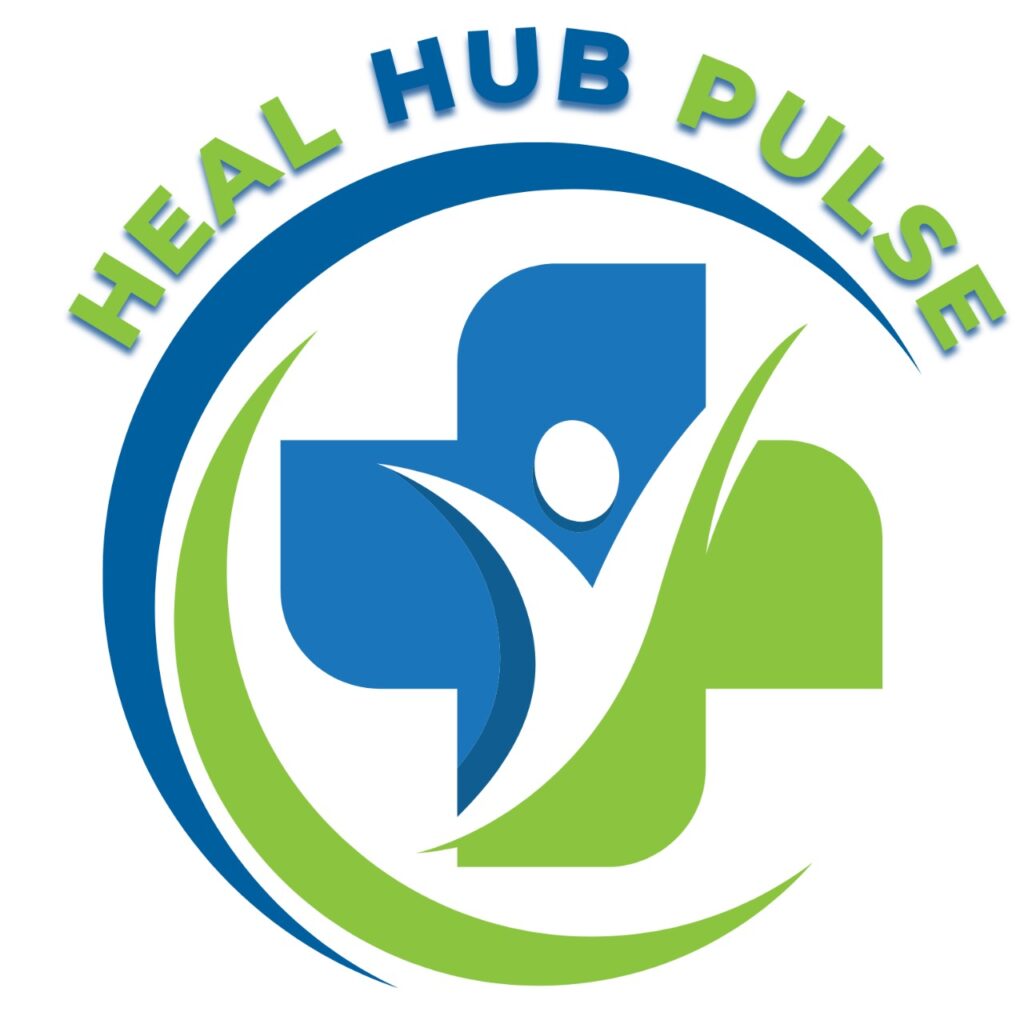Best Pediatric Cardiology in India
Every parent’s greatest wish is to see their child grow up healthy and happy. But when it comes to heart conditions in children, early detection and expert care can make all the difference. India has emerged as a global leader in Best pediatric cardiology in India, offering cutting-edge treatments, world-class specialists, and compassionate care for young patients. At Heal Hub Pulse, we understand the anxiety parents face when their child is diagnosed with a heart condition. That’s why we’re committed to connecting families with the best pediatric cardiologists in India, facilitating online consultations, and guiding you through every step of treatment—from diagnosis to recovery.
Heal Hub Pulse, explore the latest advancements in pediatric cardiology in India, how online consultations with pediatric cardiologists can save time and stress, the early warning signs of heart conditions in children, and how Heal Hub Pulse simplifies access to world-class cardiac care.
Why India is a Top Destination for Pediatric Cardiology
India’s pediatric cardiology sector has seen remarkable progress in recent years, thanks to advanced technology, minimally invasive procedures, and highly skilled specialists. Indian hospitals are equipped with state-of-the-art diagnostic and surgical tools, including 3D echocardiography for precise heart imaging, fetal echocardiography to detect congenital defects before birth, AI-powered ECG analysis for faster diagnosis, and transcatheter interventions that allow for non-surgical corrections. These innovations in advanced paediatric cardiology ensure safer treatments, shorter hospital stays, and better long-term outcomes for children.
India also boasts some of the best pediatric cardiologists, such as Dr. Debasree Gangopadhyay in Kolkata and specialists at renowned hospitals like Apollo, Fortis Escorts, and Narayana Health. These experts specialize in congenital heart defect corrections, rheumatic heart disease management, and pediatric arrhythmia treatments. Additionally, India offers world-class pediatric cardiac care at a fraction of the cost compared to Western countries, making it a preferred destination for medical tourism.
Best Pediatric Cardiologist Online Consultation in India
Not every family can travel to a metro city for treatment, which is where online consultation with pediatric cardiologists bridges the gap. Remote consultations offer numerous benefits, including early diagnosis from home, reducing unnecessary travel, follow-up care without hospital visits, second opinions from top specialists, and emergency guidance in critical situations.
At Heal Hub Pulse, we make the process of accessing the best pediatric cardiology in India seamless. Parents can book a free online consultation, share their child’s medical reports, and connect with a leading pediatric heart specialist via secure video call. The specialist provides a detailed treatment plan, including prescriptions, lifestyle advice, and recommendations for further testing if needed. If hospital care is required, we assist with hospital selection, travel arrangements, and accommodation, ensuring a stress-free experience.
Telemedicine has revolutionized pediatric cardiology, allowing families in remote areas to access expert care without delay through best pediatric cardiologist online consultation in India services. Whether it’s a routine check-up or an urgent consultation, online services ensure timely intervention, which is crucial for heart conditions in children.
Symptoms & Early Warning Signs of Heart Conditions in Children
Many heart conditions in children go unnoticed until they worsen, making awareness of early symptoms critical. In infants, parents should watch for:
- Bluish lips or nails (cyanosis)
- Rapid breathing
- Excessive sweating while feeding
- Poor weight gain
- Unusual fatigue
These could indicate congenital heart defects requiring immediate attention from a pediatric cardiology specialist.
Older children and teens may experience:
- Fainting during physical activity
- Chest pain
- Palpitations
- Shortness of breath while playing
These warning signs should never be ignored, as they could point to underlying cardiac issues. Early detection is crucial – newborn screening and fetal echocardiography can identify heart defects even before birth, allowing for timely intervention.
How Heal Hub Pulse Supports Your Child's Heart Care Journey
Navigating pediatric cardiac care can be overwhelming, but Heal Hub Pulse simplifies the process with end-to-end support. We begin with a free medical consultation and second opinion, ensuring parents have expert advice before making critical decisions. Our network includes JCI/NABH-accredited hospitals like Apollo, Fortis, and Narayana Health, and we help secure priority appointments to reduce waiting time.
Transparency is key – we provide clear cost estimates with no hidden fees, allowing families to compare treatment packages upfront. For those traveling for treatment, we offer comprehensive assistance, including airport pickups, medical visas, and family-friendly accommodation. Post-treatment, we ensure continuous care through online follow-ups, medication management, and recovery guidance.
Conclusion: Trust Heal Hub Pulse for Your Child's Heart Health
India offers world-class pediatric cardiology care through advanced technologies and renowned specialists. At Heal Hub Pulse, we connect families to the best pediatric cardiologists in India, providing comprehensive care from diagnosis to recovery. Our services include convenient online consultations, access to cutting-edge treatments, and expert guidance for all heart conditions in children. Whether you need early screening for congenital defects, emergency care, or post-treatment support, our team ensures seamless coordination with top cardiac centers. With affordable pricing and compassionate care, we make pediatric cardiac treatment accessible to all. Your child’s heart deserves the best – contact Heal Hub Pulse today for expert care tailored to your family’s needs.
Contact Heal Hub Pulse today for a free online consultation! FAQs
Can congenital heart defects be treated without surgery?
Yes! Many defects are now corrected via catheter-based procedures, avoiding open-heart surgery.
How do I know if my child needs a pediatric cardiologist?
If they show symptoms like fatigue, bluish skin, or chest pain, consult a pediatric heart specialist immediately.
Are online consultations reliable for heart conditions?
For initial diagnosis and follow-ups, yes. However, critical cases may require in-person tests like echocardiograms.
Meet Our Best
Paediatric Cardiology Doctors
At Heal Hub Pulse, we take pride in working with the best paediatric cardiology doctors in India, dedicated to caring for young hearts with exceptional expertise and compassion. Our highly skilled pediatric cardiologists specialize in diagnosing and treating congenital and acquired heart conditions in infants, children, and adolescents. From simple murmurs to complex heart defects, our experts offer comprehensive cardiac care using advanced diagnostic tools and child-friendly techniques. Trained at top global institutions, they have years of experience in performing minimally invasive procedures and life-saving pediatric heart surgeries with outstanding success rates. Whether your child needs a detailed evaluation, surgery, or ongoing cardiac management, our doctors ensure personalized and affordable treatment plans to suit every family’s needs. We are proud to be recognized for offering the best treatment for international pediatric heart patients in India in collaboration with top hospitals and cardiac centers.
For more details about best pediatric cardiology in India services, explore our Pediatric Cardiology Services or Contact Us today!

Dr Sanjay Sarup
Specialty : Children’s Orthopedic & Spine Care

Dr. Gourav Kumar
Specialty : Paediatric Cardiologist

Dr. Nidhi Rawal
Specialty : Paediatric Cardiologist

Dr Aseem Ranjan Srivastava
Specialty :Pediatric Cardiac Surgeon
